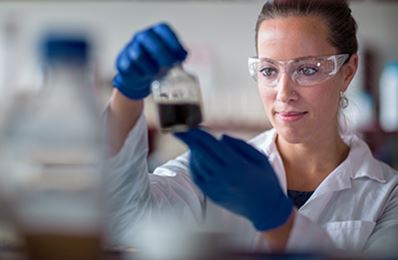Cancer Shared Resources & Services
The Stephenson Cancer Center (SCC) provides several Shared Resources and other Core Services to support the research activities of SCC members and other investigators. SCC members may receive reduced or waived fees for services, depending on the specific Shared Resource or Core Service. See individual webpages below for more information.
Shared Resources
- Biostatistics and Research Design Shared Resource
- Tissue Pathology and Biospecimen Shared Resource
- Mobile Health Technology (mHealth) Shared Resource
- Molecular Biology and Cytometry Research Shared Resource
Other Core Services
- Clinical Trials Office
- Community Outreach and Engagement Core
- Education, Training and Career Enhancement Core
- Investigator-Initiated Protocol Support Unit
- Molecular Imaging Core
- Proposal Services Core
Shared Resources Usage Acknowledgement
Stephenson Cancer Center shared resources are supported primarily by the Cancer Center Support Grant (CCSG) from the National Cancer Institute (P30CA225520). Additional support may be provided from other sources, such as chargeback systems, institutional funding and/or other grants. CCSG support allows our shared resources to provide benefits to cancer center members, such as ensured access to services or subsidies to user rates. CCSG guidelines require the P30 grant be cited for all research publications that utilize shared research support.
If your research used a shared resource, use the following statement to acknowledge Stephenson Cancer Center shared resources:
Research reported in this publication was supported in part by the National Cancer Institute Cancer Center Support Grant P30CA225520 awarded to the University of Oklahoma Stephenson Cancer Center and used the [name of the CCSG Shared Resource(s)]. The content is solely the responsibility of the authors and does not necessarily represent the official views of the National Institutes of Health.
This acknowledgement is necessary for publications and should be used for research papers, publications and grant applications.

